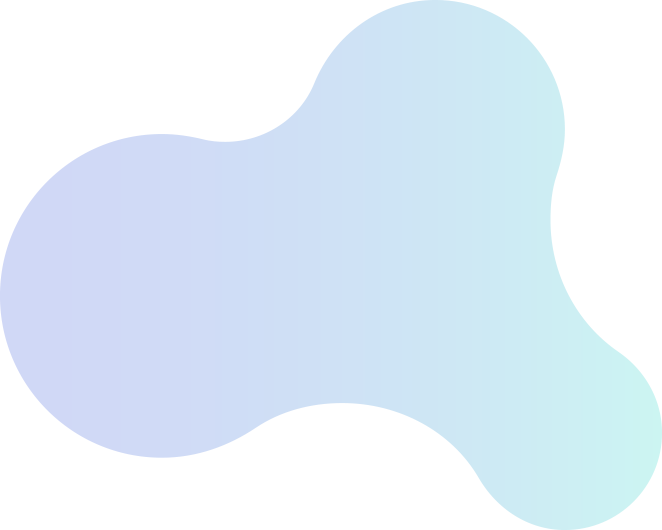
Scan the QR
to read the magazine on mobile phone
Editor’s note:
GeneLeap Biotech is a subsidiary company of Luye Life Sciences Group focusing on the development of gene drugs for oncology and severe infectious disease. This is a team formed by Chinese and American scientist who knew each other during COVID-19. They have been working on projects smoothly via online meetings and emails. What will happen when scientific ideal meets multiculturalism? Several employee representatives will tell us the story behind.
Q: Thank you all for taking this interview, please give us an introduction of yourself.
Tea: My name is Teodelinda Mirabella. I joined GeneLeap 1.5 years ago as Senior Director, in charge of the mRNA development department. After gaining my PhD from the Genoa University, I spent my postdoctoral training at the Yale Medical School. Then I moved to Boston and transitioned to an industry-oriented career. I have worked for several companies including Wyss Institute, Moderna, J&J and other small companies. Other than my family, my biggest passion is transforming research into medicine.
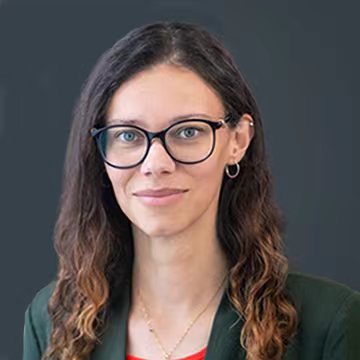
Lakshmi:I was born and brought up in India. I received my PhD from the University of Delhi, India and for my postdoctoral training, I went to Massey University, New Zealand, and Harvard Medical School, Boston. I have 20+ years of experience in the drug development industry with expertise in small molecules and nucleic acid therapeutics, including innate immune receptor agonists and antagonists, antisense and siRNA. I joined GeneLeap three years ago on November 10, 2020, and am currently leading the oligonucleotide group as Associate Director.
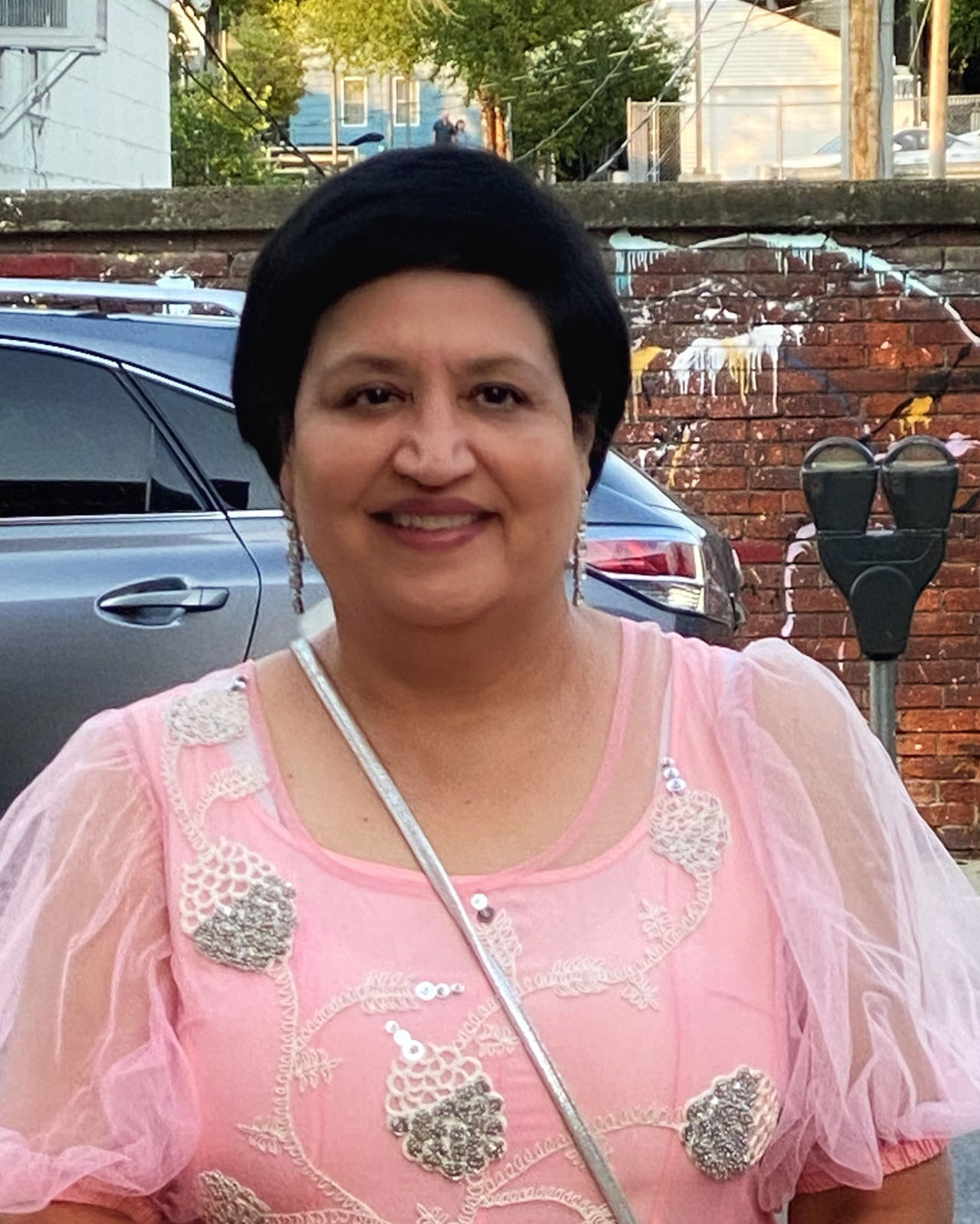
Cui: My name is Cui Wenyan, my professional background is Master of Natural Medicinal Chemistry, and I have been working on nucleic acid drug-related identification, analysis and platform building since graduation. I joined the Drug Analysis Department of GeneLeap in June 2020, and as one of the earliest employees, I have been involved in the delivery of several projects from scratch, including the construction of GalNac, Oligo, and mRNA from raw material to formulation. I am honored to be able to accompany the company all the way, accompanying the company to advance the project to IND filing, and I have gained a lot in the process.
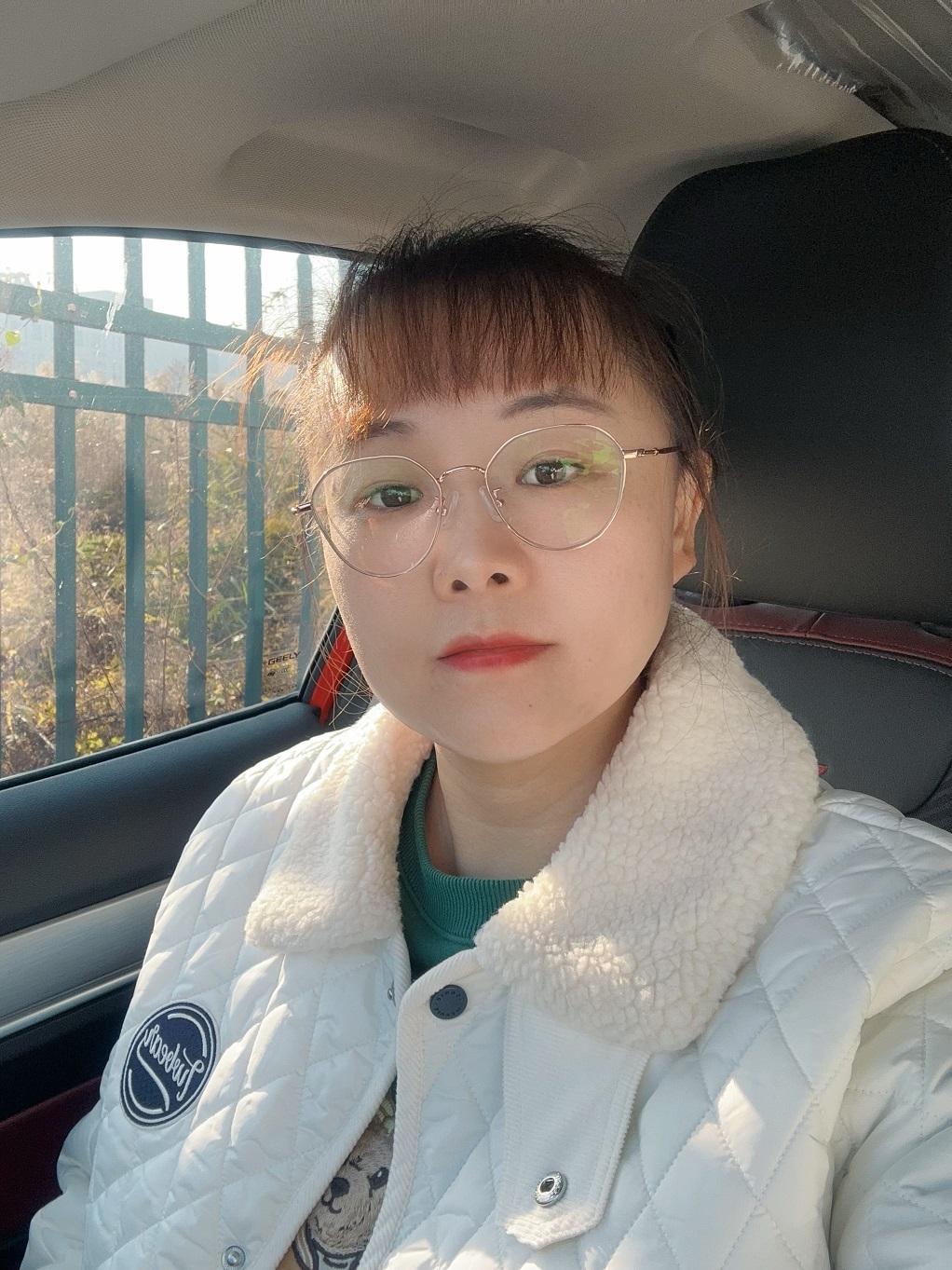
Lang: My name is Lang Wenjie, I am a recent PhD graduate in Chemical Biology in the class of 2022. GeneLeap is the first company I joined after graduation. Currently I’m working at Drug Delivery Department.

Q: GeneLeap is a relatively new company under Luye Life Sciences Group. The Nanjing team and Boston team started to work together during COVID-19, which is a quite special period of time. Could you please share your first impression of each other?
Lakshmi: I was apprehensive at first, because I never done this kind of thing before and I wasn't sure what I was getting into. Speaking of my first impression of the Nanjing team, I would say intelligent, eager, receptive to ideas and suggestions and very friendly.
I still remember vividly, we used to have Sunday night meetings with the chemistry team. I was the only non-Chinese, non-chemist, and female member of the team. They were enthusiastic and eager to share their successes as well as failures. They tried to explain to me about the problems that they were facing. And slowly, we were able to troubleshoot by sharing ideas and articles. I would get emails at 2:00 am or 3:00 am in the morning and I would respond to them immediately. Because of the time difference, I just didn't want them to delay their process of the project by another day. You could say that I was interacting with the chemistry, analytical, process development and formulation teams virtually 24/7.
I had the pleasure of meeting the Nanjing team in June this year. I was reassured that my first impressions were actually correct impressions. They are so warm, friendly, lovely and enthusiastic. They were so eager to show their labs and how they were working. Nanjing labs have state-of-the-art facilities and are very well equipped. They knew I’m a vegetarian, so they went to great lengths to find appropriate food for me. We had an evening outing also; we all played games, barbecued, danced, and sang songs. It was like a family reunion to me.

China and US team members having team building in Nanjing
Tea: The mRNA synthesis team was up and running under Dehua Wang’s leadership, and needed division of RNA Platform work from Process Development work to make sure that technological advancements and patents on one hand, and transition to GMP production for our main program on the other hand could be both achieved. The Biology team was relatively young and more diverse, but there was tremendous talent and potential to professionally develop new leaders. I knew that a lot of work needed to go into nominating a program and advance it towards IND, but overall, I felt lucky to have found hardworking and passionate employees
And this June, we were finally able to meet each other in Nanjing, I was so happy. There was a sense of bond between us, even though it was built through zoom calls and emails. I gave them a big hug when I met them in person, it was a great feeling. The Nanjing team has also organized a team building activity in the countryside with delicious food and karaoke. We had a very good time in Nanjing, this is a city with phenomenal culture and history.
Cui: Although I have been with the company for only three years, I am considered a veteran at GeneLeap. At the beginning, when both the Chinese and American teams were in their infancy, my first impression of my colleagues in Boston was the depth of their technical knowledge and the breadth of their international perspective. Initially, because of the pandemic, all of our communication could only be online, and we all communicated directly with each other in the meeting about technology-related issues, lacking the warmth of face-to-face communication, and it was as if there was only a working relationship between us. But that feeling changed this year when international flight was reinstated and we had our first opportunity to meet our colleagues from the Boston team in Nanjing: Tea and Lakshmi. When we communicate face-to-face, you will find that they are so funny, we no longer need to interact with each other through the cold computer screen, we all smile, and occasionally make jokes, which is a completely different feeling.

China and US team members having dinner
Lang: The formulation department I work in has regular group meetings with the team led by Dr. Chu in Boston. This June, our colleagues from the US came to Nanjing and Lakshmi brought us chocolates. During their stay in Nanjing, they gave us a presentation on HPV 2.0, which gave me a great opportunity to learn more about what our colleagues in Boston do on a daily basis.
Q: How do you work with each other on a day-to-day basis?
Lang: As I said earlier, we need to work with Dr. Chu's team in Boston. We usually start with some studies, and for some particular validation studies, Dr. Chu's team will do extensive exploration first, and if we need to push forward to the technical transformation, Nanjing team will do some technical follow-up and validation. Normally, we will organize bi-weekly group meetings to take turns in technical communication and sharing.
Cui: When it comes to the roles and responsibilities between the Chinese and American teams, the Nanjing team is more focus on product landing, so a lot of our work is related to compliance and overall quality. The project filing we are doing now is a process of crossing the river by touching the stones, so the role of the Boston team is that they can give us guidance from a broader perspective based on their past experience in filing in the U.S. We were able to work together to set quality limits, finalize sequences, and determine the most preferred QC method and others.

Cui Wenyan and her team
Tea: It can be difficult because we are 12 hours apart. So we make sure to check our phones often and use them at all hours. We hold regular meetings or on a need basis to discuss progress and challenges. We also try to use time efficiently and engage in open communication, so that we can be quick and flexible with decision-making.
Lakshmi: It's usually by email and sometimes by WeChat. If they have a quick question or query, they just send a WeChat message. We have monthly zoom meetings where we have interpretation from Chinese to English and vice versa.
Q: There's a saying Chinese that everything is difficult at the very beginning. Were there any challenges at the beginning of the collaboration? How did you get through the teething problems?
Lakshmi: One obvious thing is the language. But for me, personally, that's not an issue, because even when I was doing my postdoctoral training, I had a group of colleagues coming from different countries. The language barrier has never bothered me because I think people can read your emotions. Being in the scientific community, we usually have data presented as graphs or tables. Fortunately, nowadays I use web translator to help me figure out what's going on. And another positive is the inclusion of interpreters for our zoom meetings. We also have a very competent project manager Xiaonan Zhou who collates all the slides from different team members a day prior to the meeting and records meeting minutes. This helps us a lot.
Time difference was another challenge at the beginning. but it doesn’t bother me anymore. I'm used to working at odd hours.
Cui: Objectively speaking, there is a 12-hour time difference between the two teams, and we often need to have meetings at 8 or 9 p.m., and sometimes even weekends, which makes us all a bit tired in the early stages; secondly, the email communication between the two teams is also impacted by the time difference, and sometimes when we need to wait for a reply urgently, the other side may still be in their break time, which is also a challenge in the early stages; and thirdly, there is the language barrier, which requires us to spend time to keep practicing.
But three years have passed, we gradually began to reconcile on the issue of time difference, we will reply at the first time when we receive emails, and the evening meeting has been adjusted to ensure that both sides to communicate the issues within 1-2 hours, and now the meetings are supported by interpreters, and after the meeting if there are still follow-up issues that need to be communicated, we will reconfirm through emails.
Lang: I once studied in Singapore for more than a year, and my research group at that time also required international cooperation, so I do have some experience in such teamwork. Regarding the time difference, I have to say that it is an objective problem, for example, in our daily meeting with the Boston team, because their team only has 2-3 people, and we have more participants, so our colleagues in Boston have to make some sacrifices in time, and often need to participate in the meeting in the evening.
Tea: Other than the time difference, I think the biggest challenge was due to the fact that mRNA is a new modality for the company. However, there was goodwill and the inclination to trust each other, which are two powerful things when working with others.
Q: Any takeaways from this collaboration? Anything can be improved in the future?
Tea: I think it's very good to have international collaborations. It's very nice when you can be in an environment that is inclusive and promotes diversity. We have a group of scientists from different countries, bring their training experiences, mindsets and strengths to GeneLeap.I believe that the mRNA groups in Boston and Nanjing are well integrated, even though we are so far away and despite some language barriers. I think we need to keep this organic balance going, with the Boston team working on research-oriented operations and Nanjing team working on development activities.
Speaking of improvement. I think we could work on eliminating the language barriers as much as possible, which means I need to learn some mandarin and the Nanjing team needs to practice their spoken English. Also in the future, I hope we can move from the two-epicenter model to a more fluid model where all the R & D operations are fully harmonized. But this does not depend just on us, it will depend on external factors as well, such as international supply chain, shipping regulation, access to talent and others.
Lakshmi: I think within GeneLeap; cross-functional team interaction is the norm. I’m involved in diverse projects, so one of the takeaways from our collaboration with the Nanjing team is constant learning. I invariably end up learning something new from every meeting that I attend. My teammates are very open and transparent with me; whether they get good or bad results they present them as is.
Aside from this, I would say good communication, team interaction innovation, hard work, trust, persistence, strong relationships, and transparency can overcome all barriers. We are a very small group in Boston. But this collaboration is an example that how things can be achieved. Currently, the GeneLeap mRNA team is working hard on IND filing. We also have other projects which are still at exploratory stage, but our team members have been able to generate a large amount of data within a short period of time. It is very important to acknowledge their hard work and efforts. Unless you give due credit to people, you will never be able to reach the Top.
Lang: Our goal at GeneLeap is to move our existing program from IND to NDA, which requires us to advance from lab-scale to pilot-scale study and then to production, and we can't broaden our horizons if we're just working behind a closed-door. The benefit of working with the Boston team is that they are always at the forefront of technology and have access to more latest information They can start from some preliminary studies and recommend some technology to us for further validation, which improves the overall efficiency. Currently we have project at IND stage, and for the future, we will need new projects to fill the gap as soon as possible.
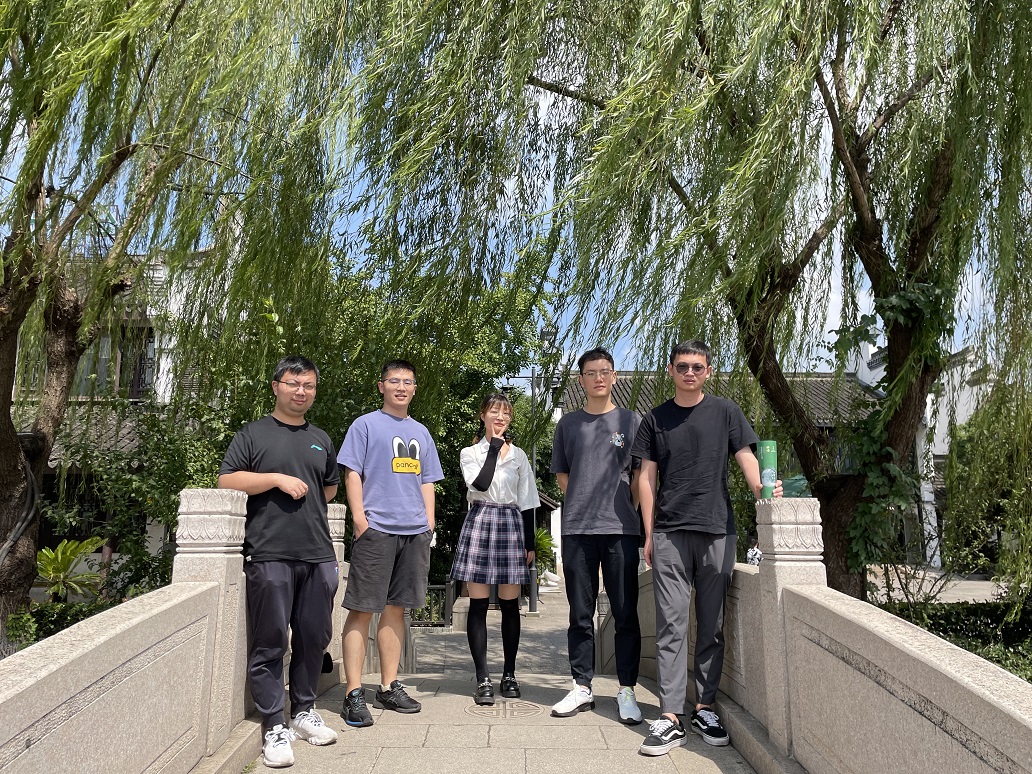
Lang Wenjie and his team
Cui: I think when the two teams interact together, it brings about a clash of minds and broadens my thinking, which is a big bonus for me. For the future, I think we should give full play to the advantages of the Boston team in technology. We've seen some Nobel Prize laureates are from the U.S., where there are relatively more resources. This is totally different from us just reading literatures and working on technology screening. We hope that in the future we can better utilize the strengths of the Boston team to come up with more feasible, novel and groundbreaking technical solutions.
Q: Please share your expectations for the future
Tea: We should continue to invest in our talent. We should instill a sense of urgency internally and externally for the many unmet or yet to come unmet medical needs. We need to always maintain a positive outlook and sense of responsibility towards our world.
Lakshmi: I have a very positive attitude to life, and I always hope for the best and be prepared for the worst. I know that times are tough nowadays. I think that if we can adhere to the timelines and if we are given more resources, we will be able to complete our projects successfully. If all goes well, I would like to expand the team. If not, we should also be ready to adapt and refocus in case the company priorities change. I think all the team members are now able to quickly adapt to new challenges. We wear multiple hats; flexibility is there for all of us. I hope that we complete the IND filing on time and have a clinical trial initiated soon. And most importantly, I would love to create drugs that are safe, efficacious, and affordable for more patients.
Cui: In the past three years since I joined Geneleap, with the development of the company's projects, I have really gained a lot of growth, and I hope that I can continue to promote my work and experience, so as to avoid a detour in the future work. The second is to further utilize the strengths of both the Nanjing and Boston teams, so that GeneLeap can have all-round growth and breakthroughs in the future.
Lang: What I learned in school was more holistic and experimental, but after joining GeneLeap, I have learned a lot in a year that I never had the chance to learn before。 In the future I hope to have the opportunity to further strengthen my practical experience through new projects. I hope our team can generate more passionate collisions of ideas. What's more, I hope that GeneLeap will get stronger and stronger in the future and provide us with a bigger platform. If I have the chance in the future, I would like to visit the team in Boston to understand how their daily work goes on.

